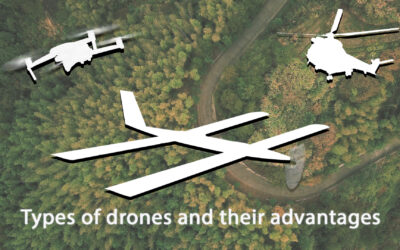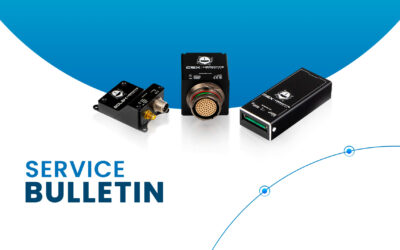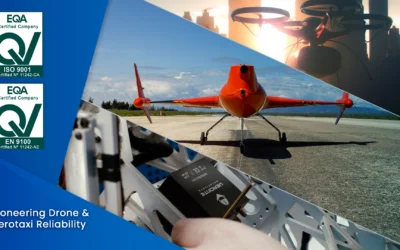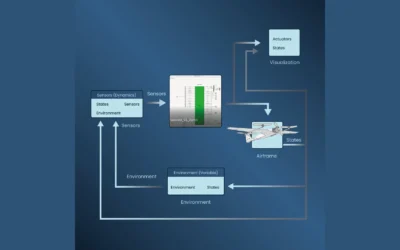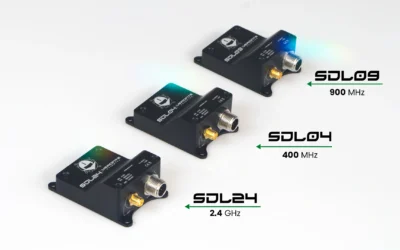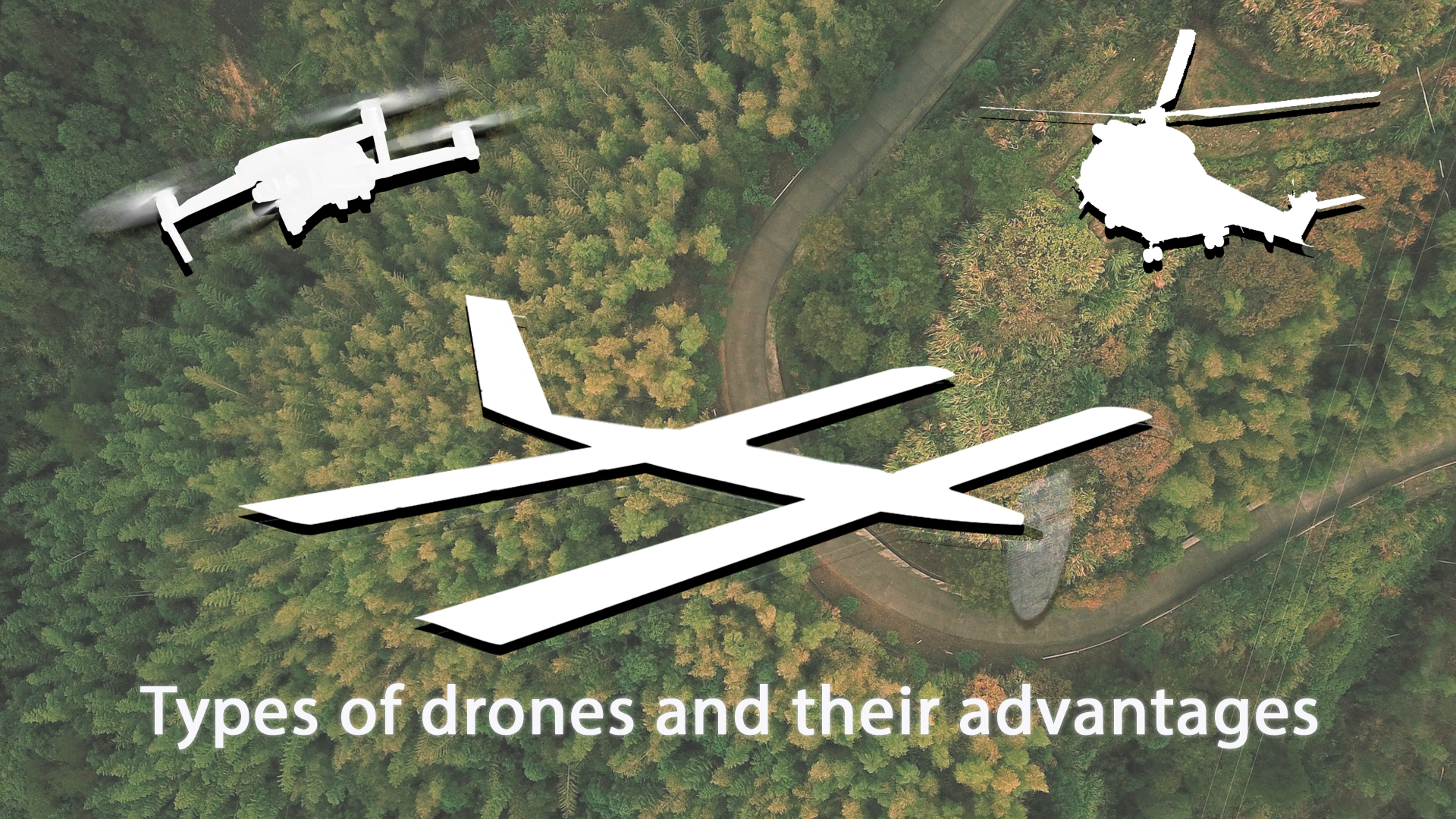The precision and improvement in drone technology has made Unmanned Aerial Vehicles (UAV) very skilled, able to support the reduction of pollution and global warming. This can be achieved with the aid of drones in environmental monitoring, installation of renewable energy, disaster relief and agricultural sustainability. As well as supporting the environment, cargo drones can make deliveries reducing the use of fossil fuels given that they operate electrically.
Sustainable benefits of drones
The ability of UAVs to reach inaccessible and high-altitude areas makes them ideal for environmental monitoring. These drones help in the monitoring of erosion and coastal management as well as terrain analysis. The use of drones decreases the time taken to reach these remote areas and facilitate environmental protection due to the fact that problems are observed much faster. Also, UAVs help prevent environmental disasters due to their ability of scanning large terrains, which help to fully plan shelter without damaging the environment. To add to this, they are able to monitor endangered animals as they can observe them from afar without causing any harm to the animal.
The ability of UAVs to reach inaccessible and high-altitude areas makes them ideal for environmental monitoring. These drones help in the monitoring of erosion and coastal management as well as terrain analysis. The use of drones decreases the time taken to reach these remote areas and facilitate environmental protection due to the fact that problems are observed much faster. Also, UAVs help prevent environmental disasters due to their ability of scanning large terrains, which help to fully plan shelter without damaging the environment. To add to this, they are able to monitor endangered animals as they can observe them from afar without causing any harm to the animal.
UAVs are being used more and more in the agricultural sector as they can improve agricultural sustainability, by spraying crops to reduce fertiliser use, conserving the resources and protecting the environment from pollution. As well as monitor livestock and water levels and take high resolution images of crops. This reduces the use of motorised vehicles in the industry since drones are powered electrically and therefore have a positive impact on global warming. A large part of reducing global warming comes from reforestation, which can be done by scanning the terrain and then analysing it to place the seeds. After that, drones fly over the terrain releasing the seeds on the most suitable areas, a process 6 times faster compared to conventional reforestation, reducing pollution and global warming at a very high rate.
Drones are also being used for transportation due to their ability to carry payloads, making them suitable to carry out small deliveries and transport goods to high altitude areas, reducing the need to use trucks and gas-powered vehicles.
Embention provides UAVs with the intelligence needed to perform all these missions with their Veronte Autopilot. The redundant Veronte Autopilot 4x facilitates UAV operations in the most challenging environments whilst maintaining the highest safety standards. The autopilot also provides safety by being compliant with the strictest safety standards DO254 and DO178C. The intelligence provided by Embention’s autopilot enables UAVs to scan terrains, provide high quality photos and videos as well as programming routes and any other feature needed onto the drones.

